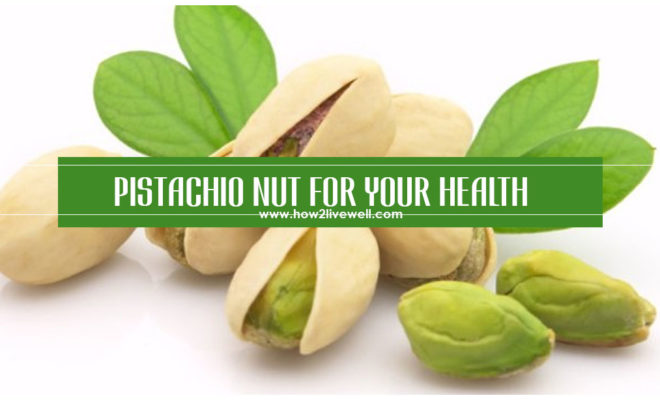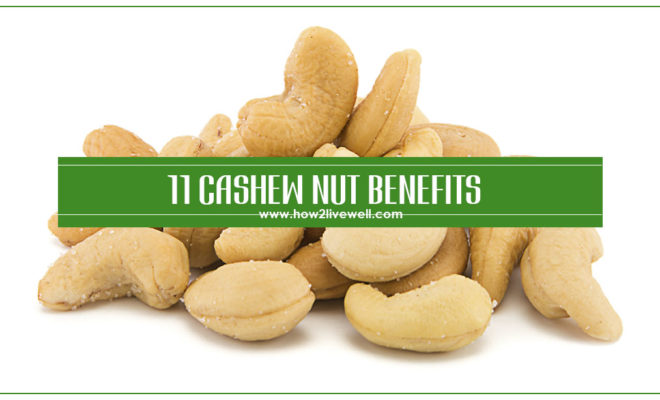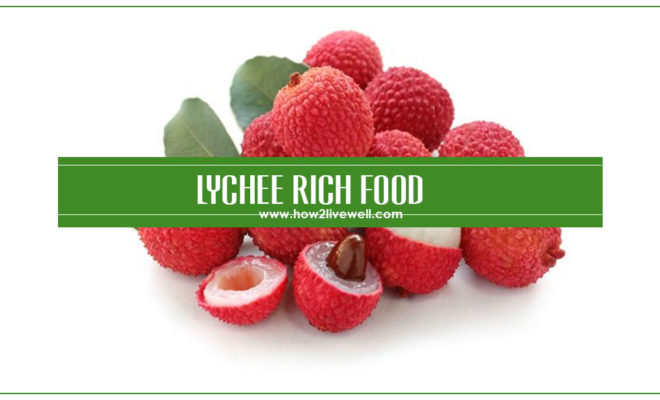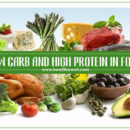Pistachio Nuts: Nutrition Value and Facts

Good for Colon Health
Being a good source of dietary fiber, eating pistachios in reasonable amounts can benefit the smooth functioning of the colon. Dietary fiber in daily diet ensures proper bowel movement. Intake of pistachios that contain good amount of fiber will ensure that the bowel functions correctly.
Strengthens the Immune System
This is one of the pistachio health benefits that simply cannot be overlooked. For a healthy immune system, adequate intake of vitamin B6 is essential and to achieve it what better way than eating a handful of pistachios. Vitamin B6 is vital to keep the immune system functioning properly. Lack of vitamin B6 can negatively affect brain activity as well as make the immune system ineffective for fighting infections. Therefore, pistachios can certainly help in boosting immune function. Vitamin B6 found in pistachios also helps the body in making healthy red blood cells.
Maintains Skin Health
One of the most talked about pistachio health benefits is related to the skin. For a healthy complexion and skin, it is often advised to have foods high in vitamin E. The reason is simple: vitamin E does an excellent job of keeping the skin away from UV damage. Fortunately pistachios contain vitamin E, that means eating these nuts daily will also provide protection against UV radiation. A healthy younger looking skin is certainly not a distant dream if you are snacking on pistachios.
Promotes Heart Health
Eating pistachio nuts in moderation can go a long way in keeping the heart healthy. This is because pistachios are excellent sources of monounsaturated fats that can play a vital role in lowering bad cholesterol. As we all know, bad or LDL cholesterol are the main culprits behind choked up arteries that cuts down the blood supply to the heart, eventually causing a heart attack. However, this health hazard can be avoided if pistachios are included in the diet. So an easy solution to prevent heart ailments from occurring is to have a handful of pistachio nuts everyday. Studies have proved that pistachios have an amazing ability to bring down cholesterol, thanks to their high concentration of monounsaturated fats. Therefore, heart patients following a low fat diet, make sure to add pistachios in their daily meals. One can say that a healthy diet complemented with pistachios is definitely a powerful tool for a healthy heart.
Boosts Eye Health
Pistachio health benefits are not just limited to protecting heart health. Eating pistachios help to promote eye health too. They contain carotenoids that have shown to protect the eyes from age related disorders like cataracts. It won’t be wrong to conclude that pistachios and eye health go well together. The chances of retina damage that occur with age are minimal when carotenoid rich foods and snacks like pistachios are included in the diet. So, if you are concerned about maintaining sharp vision, have pistachios in moderate amounts daily.
More Health Benefits of Pistachios
Pistachio Supplies Arginine
Pistachios are stockpiles of Arginine, which play an important role in the metabolic processes of the body. It helps in increasing the nitric oxide levels of the body. Now, how is that important? It is important because, nitric oxide prevents the buildup of blockages along the arterial walls of the body. Arginine, better known as L-Arginine, is known as the “miracle molecule”, which helps in improving functioning of many body processes.
Stocked with Monounsaturated Fats
Monounsaturated fats do not get saturated inside the body. Especially, they do not get stored along the inside walls of arteries. In short, they are the good fats which get burned easily, without getting piled up. One of the interesting facts is that it has copious amounts of these monounsaturated fats.
Pistachio Reduces Risk of Cardiovascular Disease
After intense research, it has been found that, consumption of pistachios reduces the amount of cholesterol in blood. Let us look at the calories in pistachio nuts. In one cup of pistachio nuts, there are about 713 calories. Out of these, 512 calories come from fats. The majority of fat content is in the form of monounsaturated fats, which reduce low-density lipoprotein (LDL) cholesterol, reducing the risk of heart disease. Cholesterol is the main culprit behind most of the heart disorders. Though not yet confirmed, pistachio consumption may possibly increase the levels of high-density lipoprotein (HDL Cholesterol). So, make it a point to include about two to three ounces of pistachio in your daily diet. It will reduce the risk of cardiovascular diseases.
Reduces Stress Reaction
Pistachio consumption reduces the stress related, elevated blood pressure levels, by as much as 10%. This is one of the most important pistachio nutrition facts, you will come across.
Pistachios are Full of Protein and Anti-Oxidants
Pistachios are storehouses of important anti-oxidants, which can prevent the damage to the cells of the body. Higher anti-oxidant levels in the body reduce cell death and risk of cancer. The anti-oxidants present in pistachios are vitamin A, vitamin E and Lutein. It is also a rich source of proteins, which help in building up of the body.
Pistachios Supply Phytosterols
Another reason for including pistachios in your diet is their phytosterol content, which helps reduce cholesterol levels, leading to a drop in cardiovascular heart disease risk. Research has revealed the ability of phytosterols in reducing cancer risk as well. About 100 gm of pistachios contain 279 mg of phytosterols!
Pistachios Supply Minerals
Half a cup of pistachios can supply adequate quantities of some of the most important minerals required by the body like Calcium, Iron, Magnesium and Copper! It’s especially well stocked with calcium and iron, which are minerals playing very important roles in the body.
Pistachios Supply Calories
Calorie count is sure to rise if pistachios are consumed in excess. Eating just 49 kernels or 1 oz of pistachios increases calorie intake by 158 calories. This means 100 grams of pistachios contain around 600 calories, which is significantly high. However, calorie count of pistachios is lower when compared to other nuts like almonds and walnuts. Nevertheless, mindful eating is expected when it comes to including pistachios in the diet. Indulging in excess amounts is likely to cause weight gain, which may lead to obesity.
Although nutritional benefits of pistachios are numerous, one has to be very careful when it comes to buying these nuts. Eating salted pistachios every day may raise the blood pressure. Considering this fact, avoid the salted varieties, and most importantly don’t forget that sensible eating is required to enjoy their benefits.
Side Effects of Pistachio Nuts
Although pistachio nuts are relatively healthful, eating too many could have side effects on your weight, blood pressure and gastrointestinal tract.
Allergic Reaction
People who suffer from food allergies, especially tree nut allergies, should consume pistachio nuts with caution. Symptoms of pistachio nuts allergy include:
- Similar to other nut allergy, pistachio causes skin rash and itching after eating pistachio nut or coming in contact with pistachio products
- Angio edema of face and other parts of body
- Vomiting
- Diarrhea
- Abdominal cramps
- Cough.
- Difficult breathing
- Tightness in chest
- Hives
Anaphylaxis reaction which is rare, but when present it is life threatening condition. Low blood pressure, difficulty in breathing, feeble pulse and unconsciousness are some of the signs and symptoms of anaphylaxis reaction.
Weight Gain
The high protein and fiber content makes pistachio nuts a satisfying and convenient snack for many people. However, if you go nuts when eating pistachios and eat a handful at a time, you could gain weight. For example, if you eat a full cup of pistachio nuts, you could consume close to 700 calories. Because a surplus of 3,500 calories is the equivalent of a pound of extra fat on your body, eating 1/2 cup to 1 cup of pistachio nuts every day could result in a 0.7 to 1.4 lb. weight gain per week. Eating too much of anything is never good, and the side effects usually include a higher fat percentage and larger waist circumference.
Blood Pressure
Natural pistachio nuts have very low levels of sodium, or about 0 to 2 mg per 1-oz. serving. However, roasted pistachios seasoned with salt can contain up to 121 mg of sodium per serving, according to the USDA National Nutrient Database, which is not so bad if you can control your serving size. However, eating 1/2 cup to 1 cup of salted pistachio nuts could increase your sodium intake by 263 to 526 mg, increasing your blood pressure as a side effect. The American Heart Association recommends limiting your sodium intake to keep your blood pressure under control and your heart healthy.
Gastrointestinal Problems
Pistachio nuts can have gastrointestinal side effects in some people who react to a compound called fructans. Fructans are not dangerous, but they can bother the digestive system, leading to bloating, diarrhea, constipation, flatulence and abdominal pain. The degree of your gastrointestinal symptoms, if you are intolerant to fructans, will depend on the amount of pistachios you consumed. The more nuts, the worse your symptoms can be.









